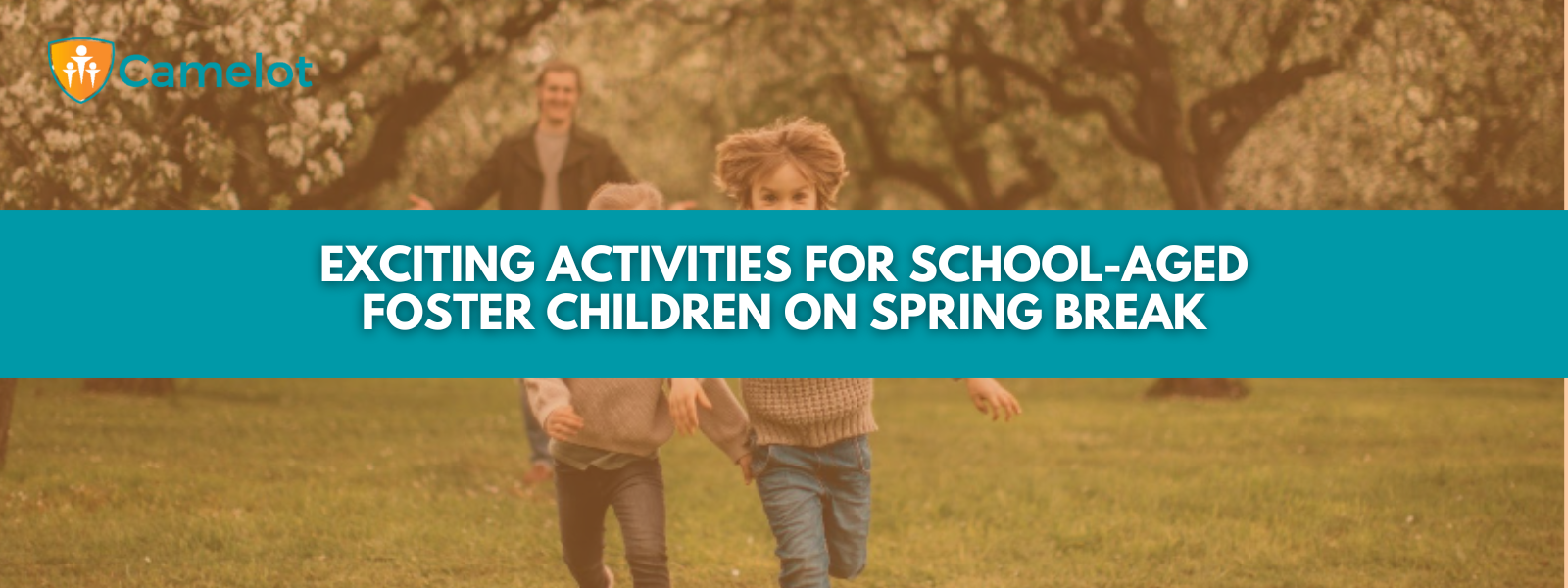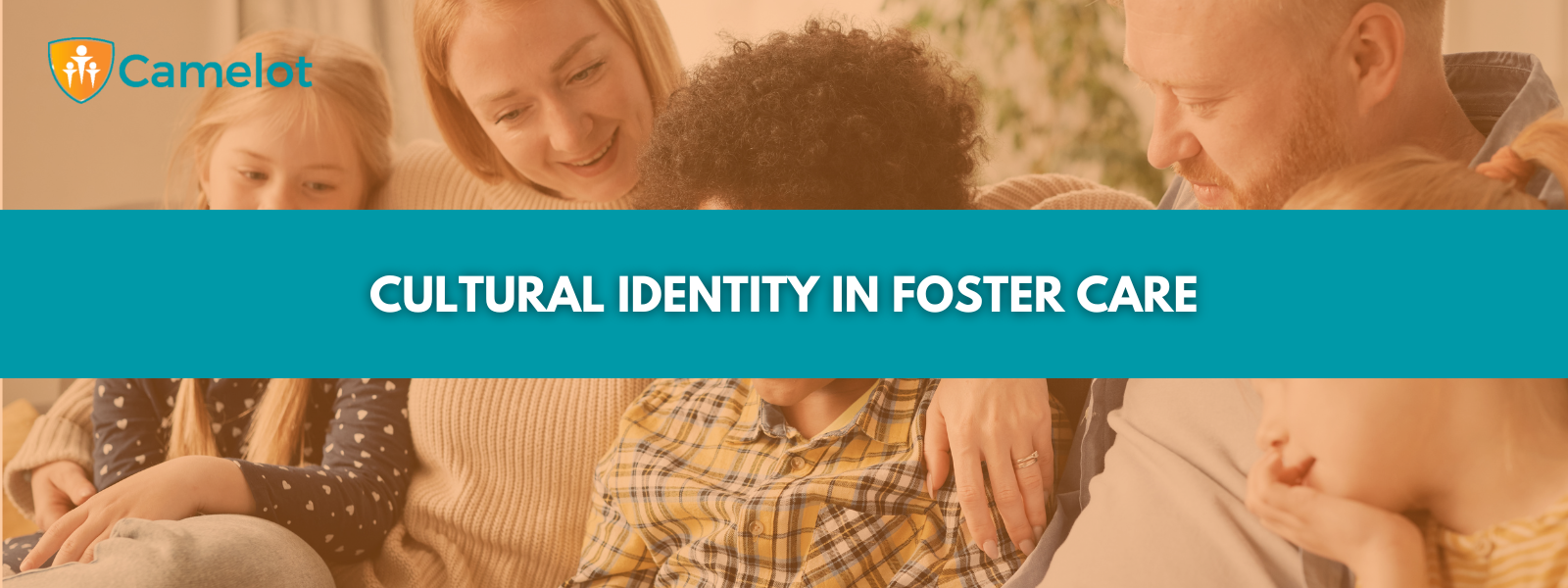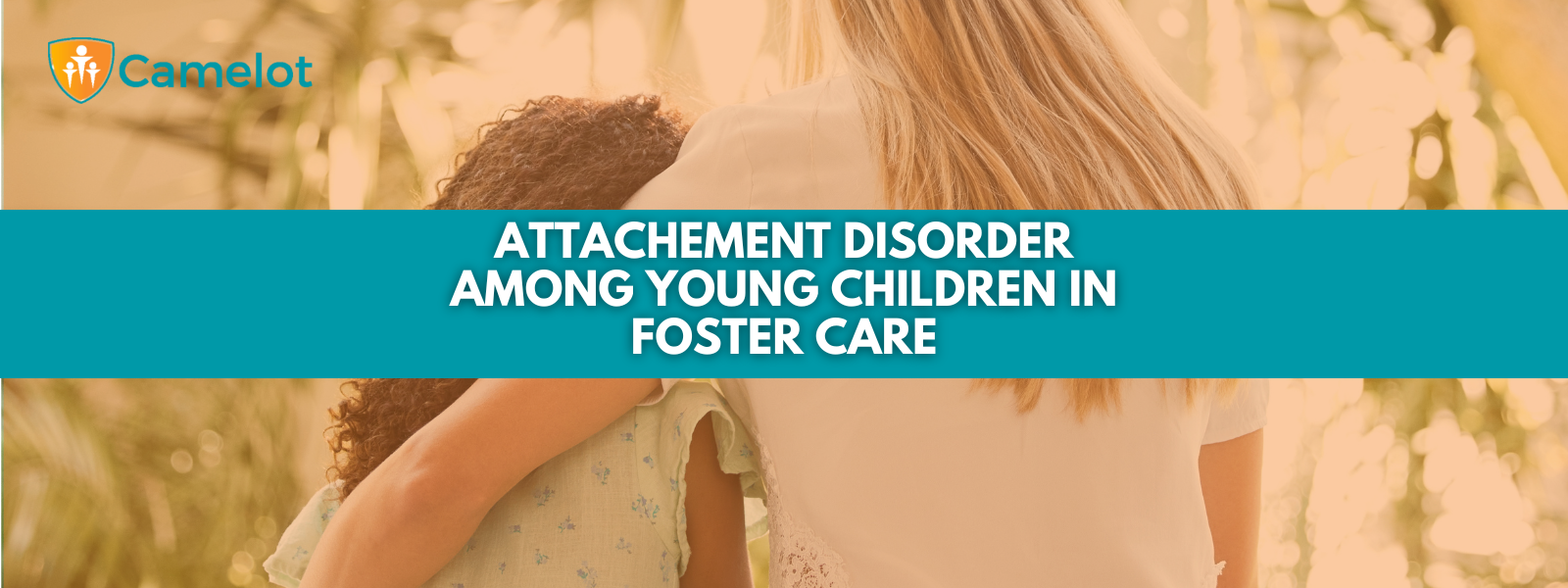Costs Associated with Fostering
Costs Associated with Fostering

Foster care is an integral part of our society. According to reports, there were 9,041 children in foster care in Tennessee and 381,176 nationwide in 2022. Those families or individuals who decide to become foster parents do a great deed by supporting families that may be going through challenging times.
Foster care is an endeavor that is worthy of admiration. Choosing to take care of another child requires the desire to nurture and protect. Yet, while moral considerations in fostering are important, financial matters should not be neglected as well. If you wish to become a foster parent, you may wonder whether you will be able to afford it. Read on to learn more.
Becoming a Foster Parent/Family
There are no fees associated with becoming a foster parent or foster family in Tennessee. To become one, you only need to meet the following licensing requirements. You should be at least 21 years old and reside in Tennessee. You should also complete Parents as Tender Healers (PATH) training and an approved home study. Meeting your family’s financial needs is required, meaning you can’t rely on DCS board payments.
The Department of Children's Services (DCS) provides financial assistance to foster families to meet all the essential needs of children. Next, we will take a closer look at all the expenses associated with fostering children in Tennessee.
Financial Aspects of Foster Care
It is important that you complete the W-9 form accurately because this federal income tax document will register you as a vendor with DCS to receive foster care board payments. The state's Finance and Administration Department handles the processing of this form. Once you are assigned a vendor number, the DCS fiscal unit will activate it within its system, allowing pay records to be generated for invoicing purposes.
Medical Expenses
The majority of children in foster care receive healthcare coverage through TennCare Select. However, some children may have health insurance provided by their biological parents' private insurance plans. In such cases, private insurance always takes precedence over TennCare.
As a foster parent, you should be aware of the following aspects of using TennCare or other insurance for medical expenses:
- Insurance Cards: The child should possess a TennCare card or the appropriate insurance card. If the child has not received the correct insurance card, you should promptly contact the Family Service Worker (FSW) or Juvenile Service Worker (JSW).
- Medical Appointments: You should always remember to bring your TennCare card or insurance card when visiting healthcare providers. The information on the card is essential for these providers to bill TennCare or the insurance company for the services provided.
- Identifying the Child's PCP: The FSW/JSW assigned to the child will help you identify the child's Primary Care Provider (PCP) through TennCare Select or the child's assigned TennCare Managed Care Organization (MCO).
- Prescription Medications: You should use your foster child's TennCare Pharmacy card to obtain prescription medications. This card ensures that necessary medications are covered by TennCare or the insurance plan.
Foster Care Board Rates
The DCS foster care board rates are linked to the USDA's cost of raising a child in the urban south. These rates encompass various aspects, including housing, respite care, food, transportation, clothing, children's allowances, and other child-related activities and expenses.
As of July 2023,
foster care rates are $29.96/day for children aged 0-11, $34.35/day for those aged 12+, and $50.00/day for sibling groups of two or more, regardless of the children’s ages.
The board payment covers several essential aspects, ensuring the well-being of foster children:
- Living Quarters and Bedding: The board payment addresses expenses related to living arrangements, bedding, and adjustments to utilities.
- Food and Meals: The payment covers food both inside and outside the home, including meals during vacation periods.
- Basic Health and Hygiene: Foster parents can utilize the board payment to fulfill basic health and hygiene needs, including laundry and haircuts.
- Additional Clothing: The payment goes beyond the standard clothing allotment, covering basic clothing needs for foster children.
- Extracurricular Activities: Expenses related to extracurricular activities, such as sports, lessons, club fees, uniforms, and musical instruments, are also included.
- Entertainment: The board payment allows for entertainment expenses, such as movie tickets or putt-putt golf outings.
- School Supplies: Necessary school supplies for foster children are covered by the board's payment.
- Transportation: Expenses related to transportation, such as bus fares or fuel costs, are also part of the board payment.
Clothing and Allowance
Regarding clothing and allowance, DCS staff strive to obtain the child's clothing from their parents or guardians when the child enters state custody. In cases where clothing is inadequate, DCS may provide an initial clothing allotment or source clothing through resource linkage. The amount allocated for clothing varies based on the child's age.
While you are taking care of your foster child, you should provide adequate clothing with the funds from the foster care board payment. You should track purchases and attach receipts using Form CS-4204, Allowance, and Clothing Log. All clothing and personal items purchased for the child become the property of the child and accompany them during any placement changes.
Additionally, you should provide your foster child with an allowance from the foster care board rate. The minimum allowance is $1 per day for children aged 0-12 and $2 per day for children aged 13-17. This allowance should be given directly to the child to teach money management skills. It is separate from any additional allowance you may offer as a reward for good behavior or completing chores.
Other Reimbursements
Foster care expenses related to celebrations like Christmas and graduation can be discussed. Moreover, any out-of-pocket expenses, such as travel, medical expenses, or clothing beyond the board payment, can be considered for reimbursement if pre-approved by DCS. When frequent transportation due to multiple appointments, summer, or alternative school is required, and if this requirement creates a hardship for you, the FSW/JSW can request reimbursement.
Proper documentation, including receipts, is essential for these reimbursements. Also, funding may be available for extracurricular or additional school costs, such as summer school, band, and sports.
Damages and Liability
In the unfortunate event of damages caused by a foster child, you may be eligible for reimbursement if you submit a claim form to the State of Tennessee Claims Division.
Liability insurance is also an option that you may consider to mitigate potential liability risks.
Tragic Events
We all wish that foster children were safely reunited with their biological families. Yet, in the tragic event that a child dies while in Tennessee state custody due to an illness or an accident, the DCS will take care of the funeral and burial arrangements if the birth family cannot be located or is unable to afford the expenses. This ensures that the child is laid to rest with dignity and respect, providing some relief to the birth family during an immensely challenging time.
Concluding Words
Fostering is a profoundly impactful and life-changing experience for both you as a foster parent and the children you care for.
As a society, we must continue to recognize and support the selfless efforts of foster parents, acknowledging the immense positive impact they have on the lives of vulnerable children. By working together, we can create a brighter and more secure future for all children in the foster care system.
Camelot Care Centers carefully assesses the specific needs of each child referred to us by the Department of Children's Services in Tennessee. We then match them with licensed foster homes based on the strengths, experiences, and preferences of the foster families.
The children in our care come from diverse backgrounds and circumstances, as they are in the state of Tennessee's custody for various reasons. The duration of their stay with us varies significantly.
Some children may have experienced multiple unsuccessful foster home placements, while others are transitioning from residential group homes back into a family setting. Some of the children have the goal of reuniting with their parents. Some teenagers aspire to achieve independence, and they require a stable home until they are ready to transition into adulthood. Additionally, some children have the goal of adoption, necessitating homes that are willing to provide permanent care and stability for them through adoption.
If you are interested in becoming a foster parent, we will share detailed information about the prospective foster child with you, and, whenever possible, arrange pre-placement visits so that you have a wonderful opportunity to meet the child before making the final decision.
Contact us today to learn more about our services.
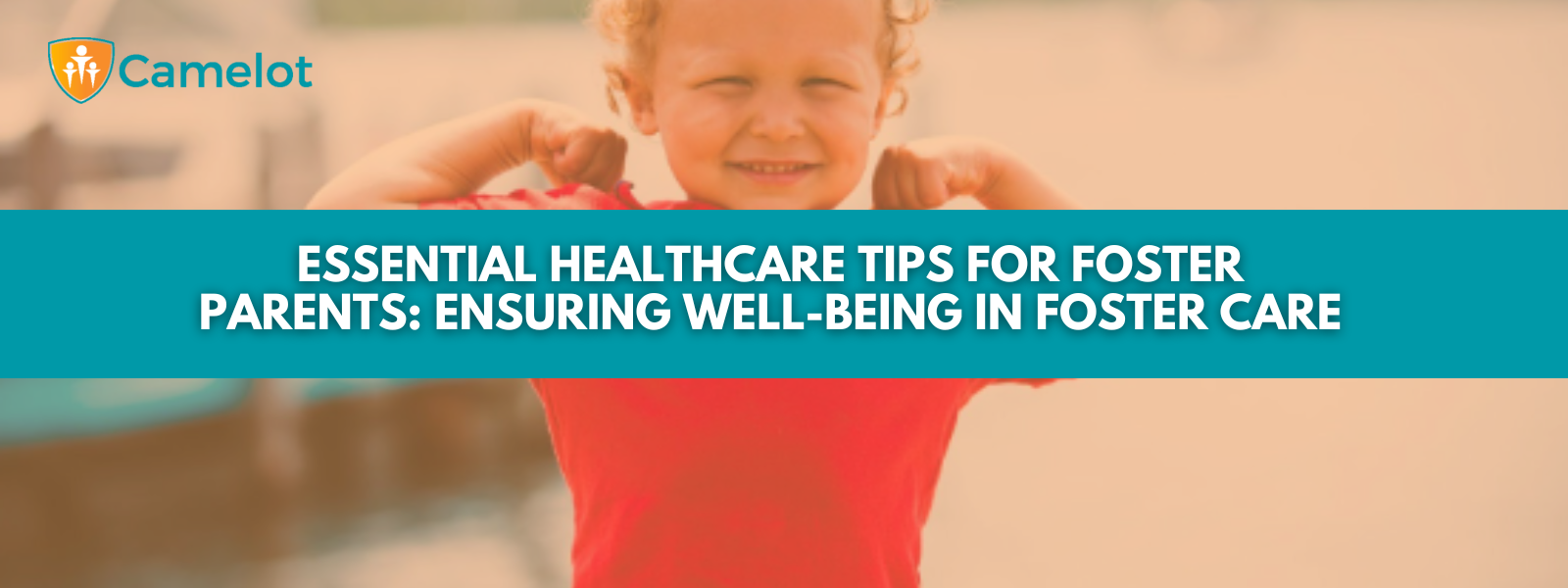
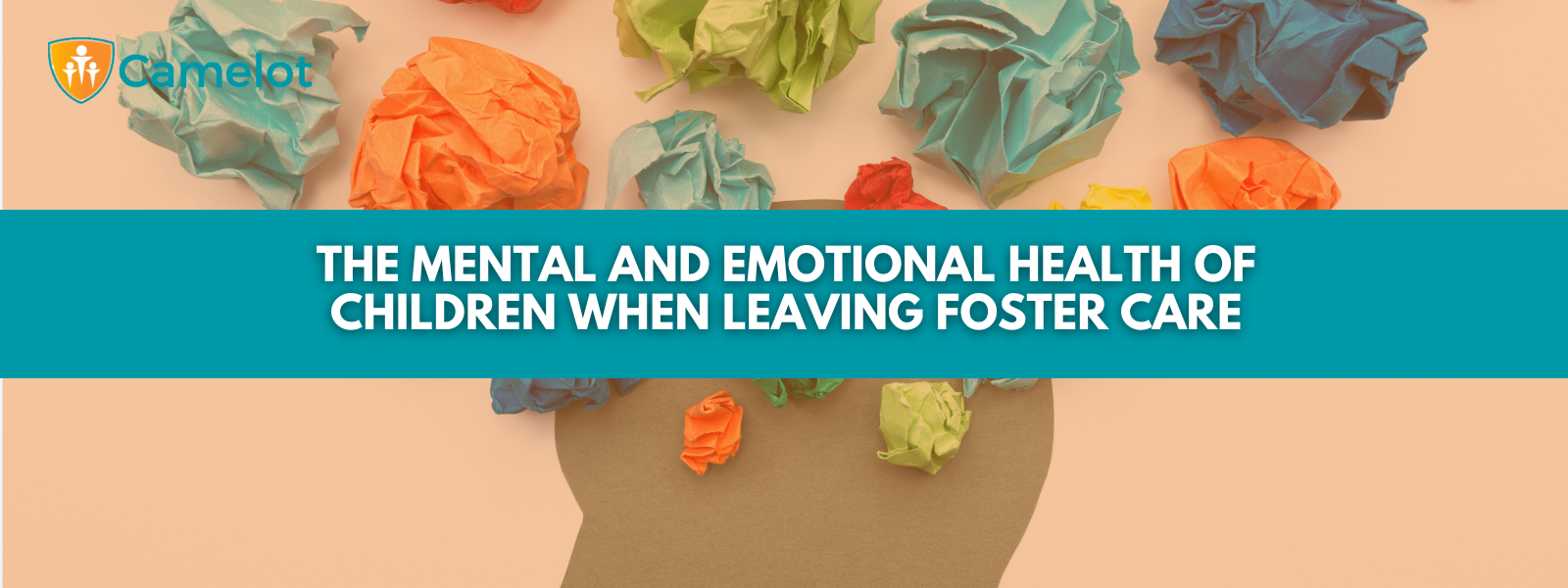
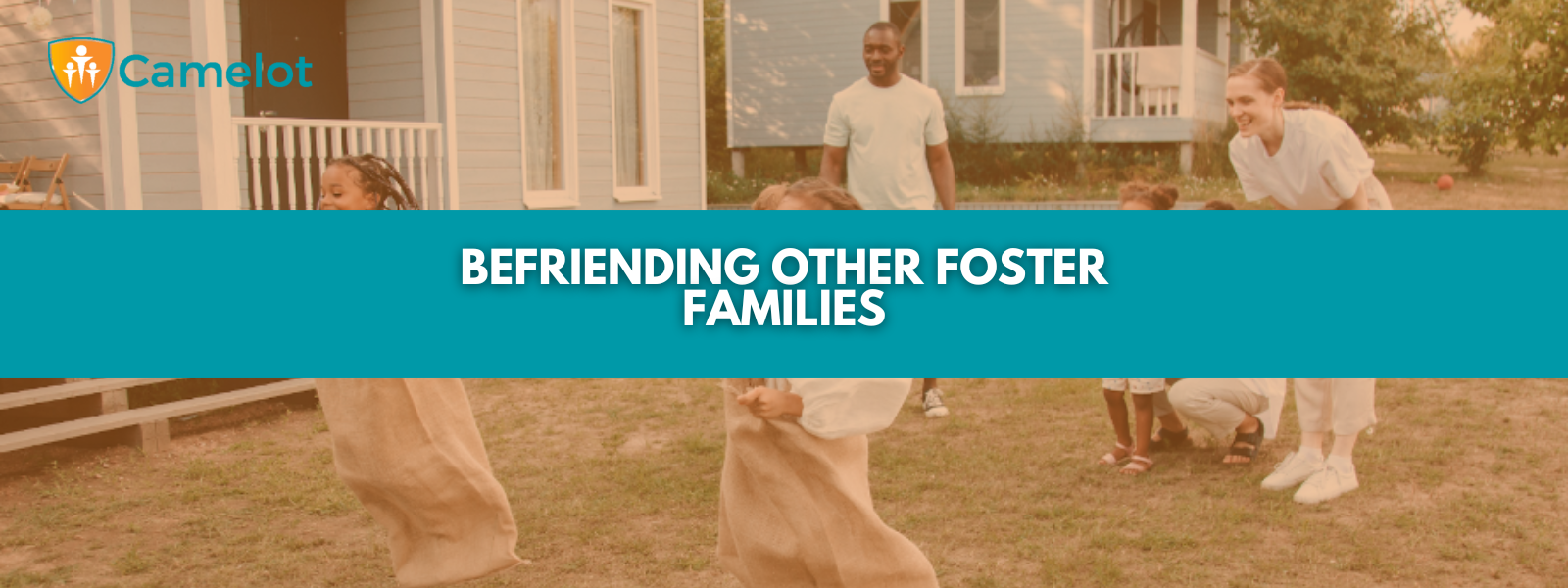



Camelot Care Centers

